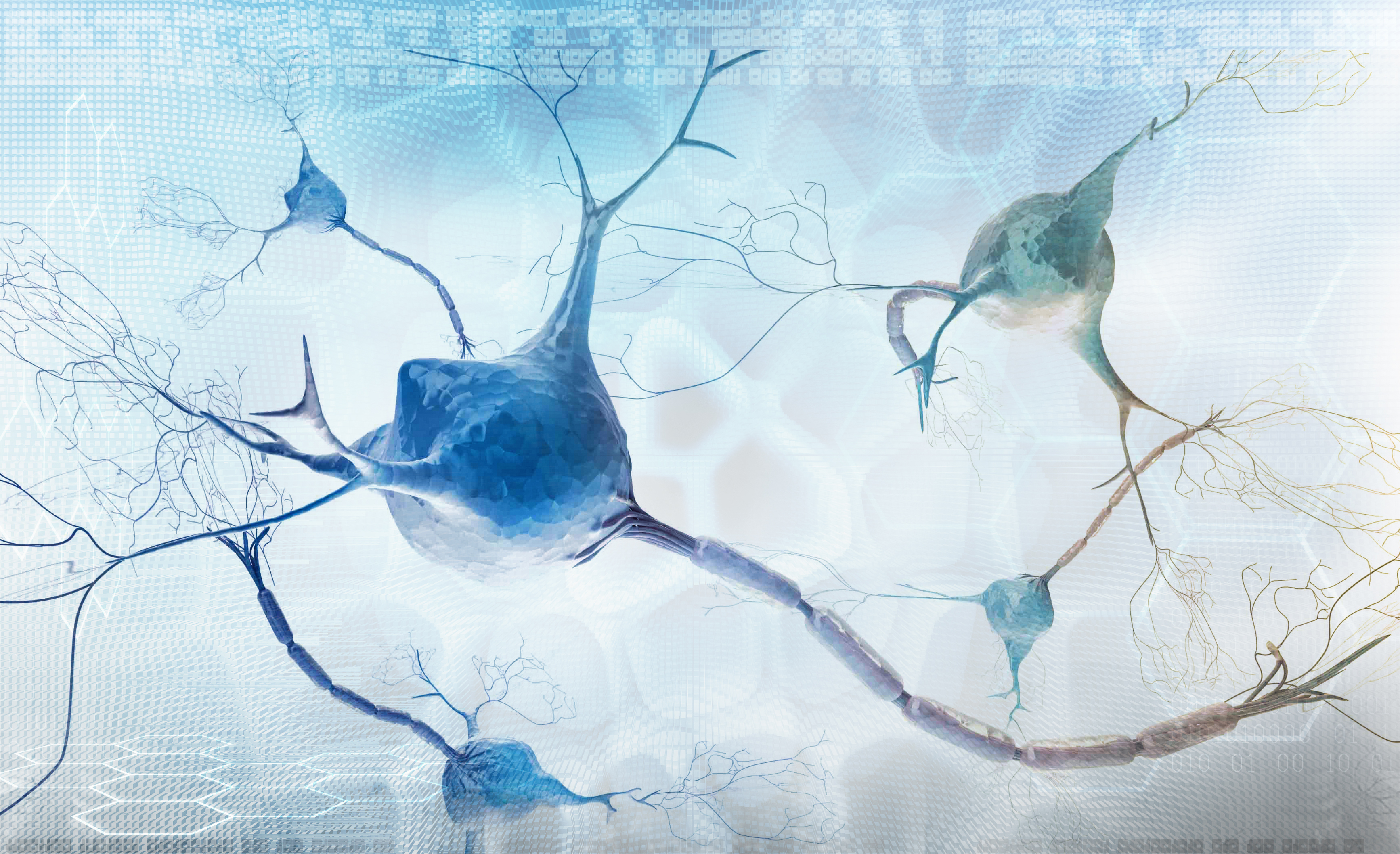Faulty Protein Transport May Contribute to Parkinson’s Disease, Possibly Offering New Avenues of Treatment
Written by |

In a collaboration between the University of Bristol in England and the University of Queensland in Australia, researchers have found that mutations in a gene involved in protein transport inside cells give rise to rare types of Parkinson’s disease-like conditions, known as parkinsonism.
The study, “Atypical parkinsonism-associated retromer mutant alters endosomal sorting of specific cargo proteins,” published in the journal Journal of Cell Biology, adds to the knowledge of how faulty intracellular protein transport can contribute to neurodegeneration, aiding researchers who are looking for new ways to treat Parkinson’s disease.
The mutated gene, known as VPS26A, encodes a protein that, together with two other proteins, forms a complex known as the retromer. This complex is crucial for the transport of cargo proteins inside cells, allowing the proteins to reach their intended destination.
Researchers have observed that in the brains of patients with neurodegenerative diseases such as Parkinson’s or Alzheimer’s, retromers are often found in abnormally low levels. Mutations affecting the complex are also known to cause some inherited forms of such conditions.
Although scientists know that retromers are involved in neurodegenerative diseases, they are far from understanding how they contribute to disease processes. Other studies have suggested that the retromer is a promising drug target, so insights into the molecular workings of the complex would allow scientists to target the retromer to develop new drugs to treat Parkinson’s.
VPS26A is one of the proteins comprising the complex that has been linked to parkinsonism in earlier studies, and so have several of the cargo proteins transported by the complex. Now, researchers found the reason why one of these mutations does not allow the complex to do its work: It prevents the VPS26A protein from binding to another protein, called SNX27, which hinders the cell’s ability to transport a sub-set of cargo proteins to their correct destinations.
“By investigating mutations associated with parkinsonism, we have discovered another link between defects in protein trafficking and the pathology of disease,” Kirsty McMillan, first author of the study and a researcher at the University of Bristol, said in a news release.
“This research, therefore, provides additional insight into the molecular pathways involved in parkinsonism and provides new potential therapeutic targets.”


